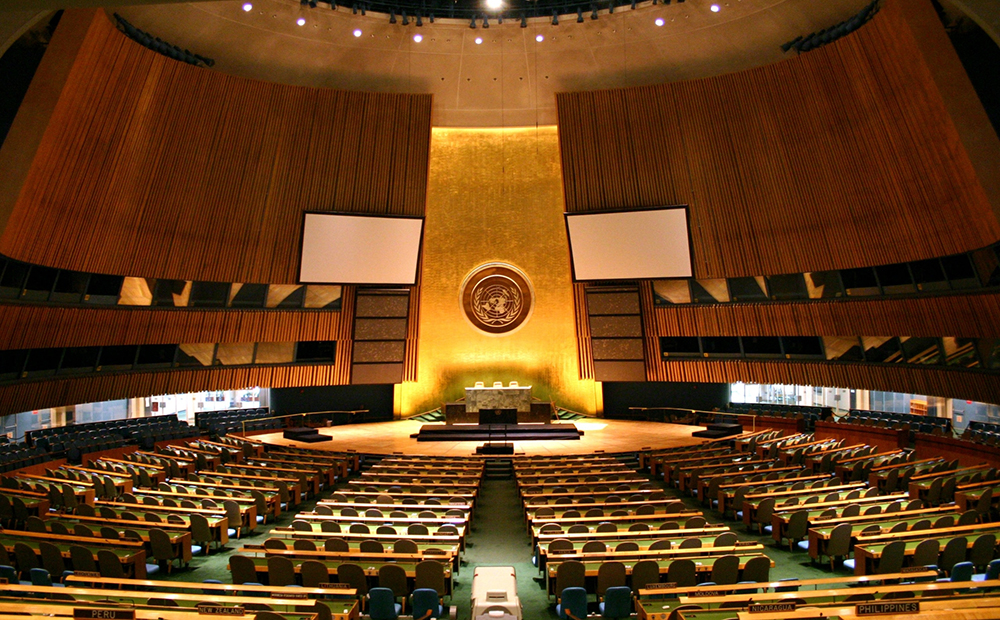
Debate Surrounding Hamdoks Resigned Government Memo to the United Nations
moatinoon
A memo submitted by the former Prime Minister, Abdullah Hamdok, along with two members of the Sovereignty Council, his political advisor, and eleven former ministers to the United Nations has sparked debate and reactions. The memo criticized the UN Secretary-Generals call to General Abdel Fattah Al-Burhan, the leader of the coup and the head of the Sovereignty Council.
Some observers have questioned its political significance, wondering if it is merely a protest political stance. They also questioned its timing, coming after Al-Burhan addressed the General Assembly the previous week.
Political analyst Wael Mahjoub argues that it was understandable to send the memo right after the invitation was announced, aiming to pressure the organization to retract its invitation and cancel it. However, the memos purpose becomes unclear after Al-Burhan accepted the invitation, addressed the UN, and returned to the country. This indicates a connected political confusion that disregards the importance of timing, the political implications of the action, and its political consequences.
On the other hand, writer and political analyst Tajani Mohamed Saleh commented on the memo submitted by the resigned ministers to the UN Secretary-General: Frankly, we wouldnt have given any importance to the memo presented by some members of the resigned former government, led by Hamdok if it werent for the fact that Hamdoks name was among the signatories. He added that the memo is not particularly important, as it was issued by individuals without constitutional status due to their resignation. Saleh questions the capacity in which the signatories are addressing the UN Secretary-General.
Saleh continues to say, Based on this, our comment is in the form of a question directed at the signatories of the memo. He points out that in thirdly, until the end of the memo, the signatories to the UN Secretary-General hold him accountable for inviting the coup leader to attend the General Assembly session and deliver a speech on behalf of Sudan. The signatories believe that the invitation contradicts the international stance on the military coup.
However, there is a pressing question: when the United States, Saudi Arabia, and the international community invited Al-Burhan or his representative to participate in talks in Jeddah, was it considered a very dangerous and encouraging message for military coups that have recently increased in the African continent? Would the signatories object to the memo if an invitation were extended to the coup leader to attend a signing agreement with the Janjaweed leader there, according to Saleh.
Mahjoub concludes by saying that the memo is more of a declaration of a political stance than a politically beneficial or expected outcome. This is evident in its content, which focused on the political and constitutional entitlement of those who represent the country while ignoring the catastrophic circumstances surrounding it and its people due to the costly consequences of the coup. It seems as if the power was the cause, motive, and driver of the memo.

